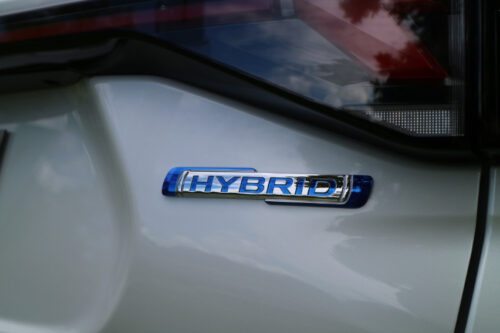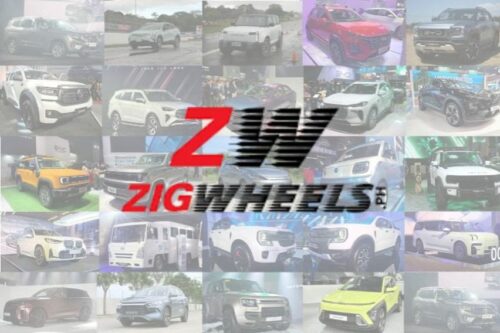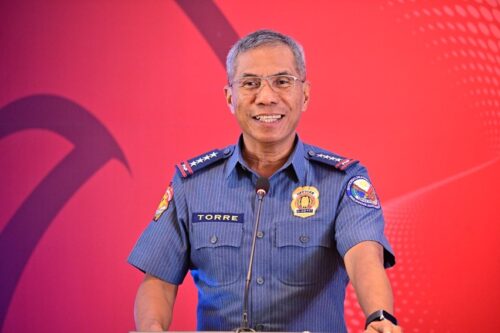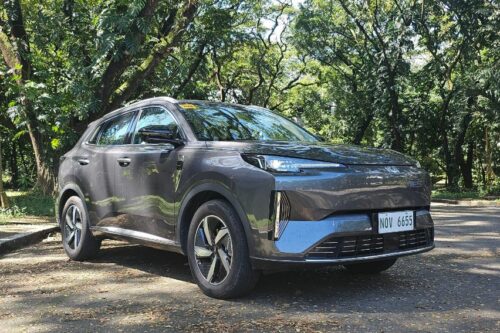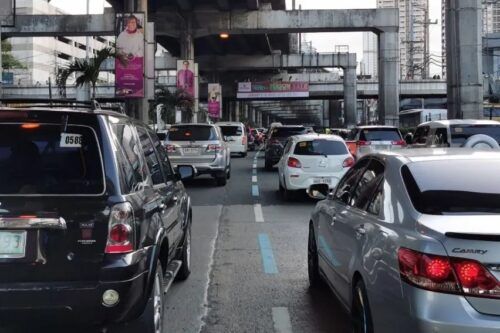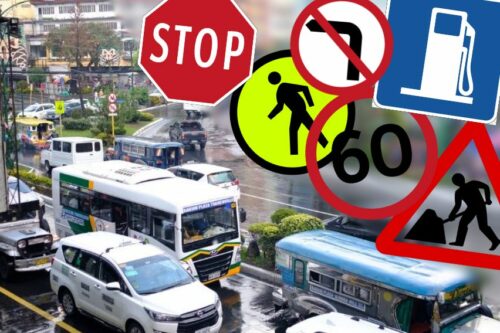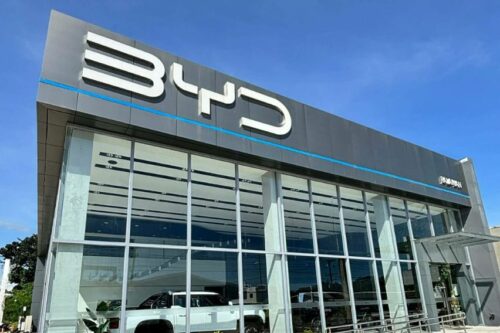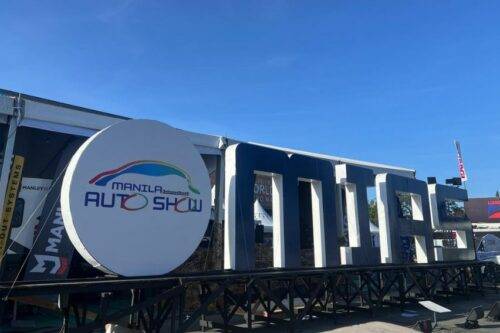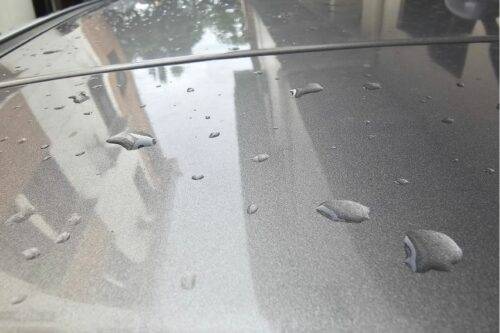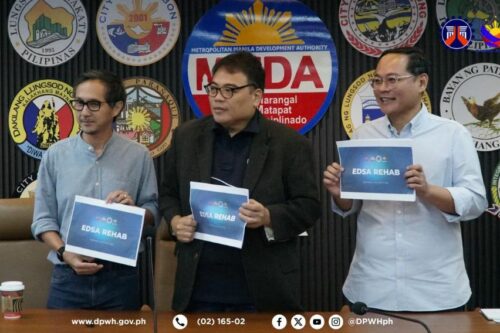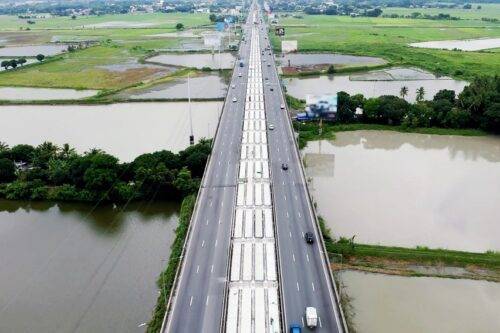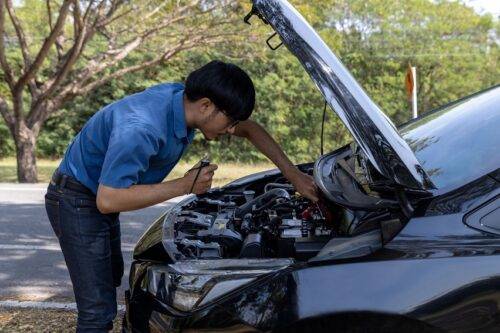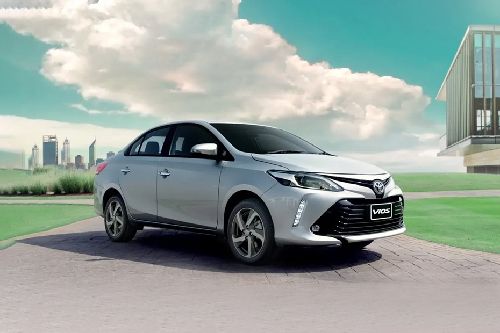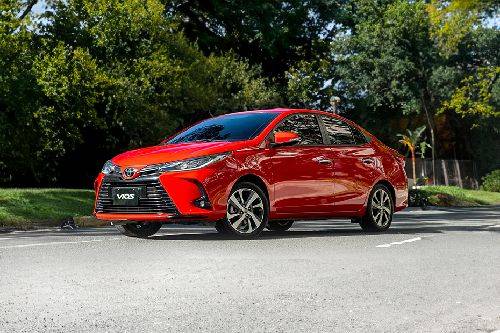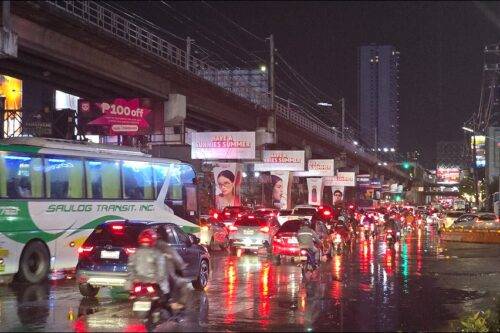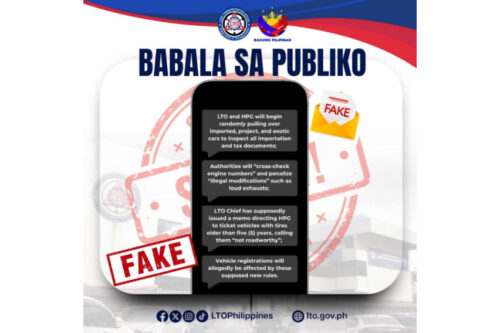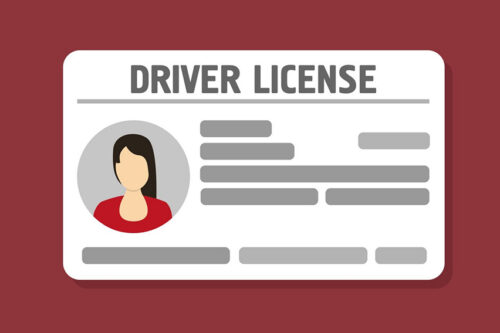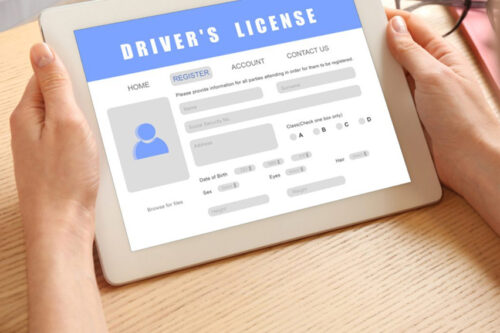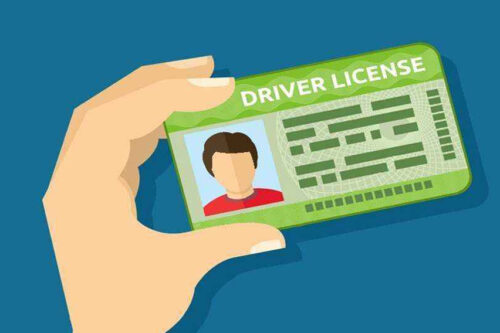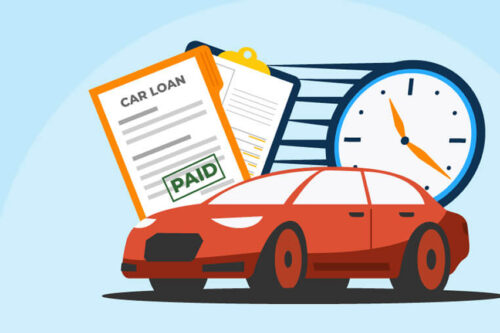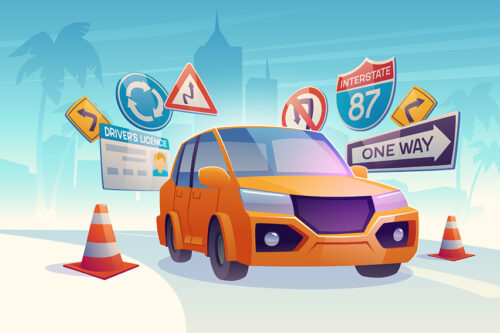What you need to know about public and private transport during ECQ
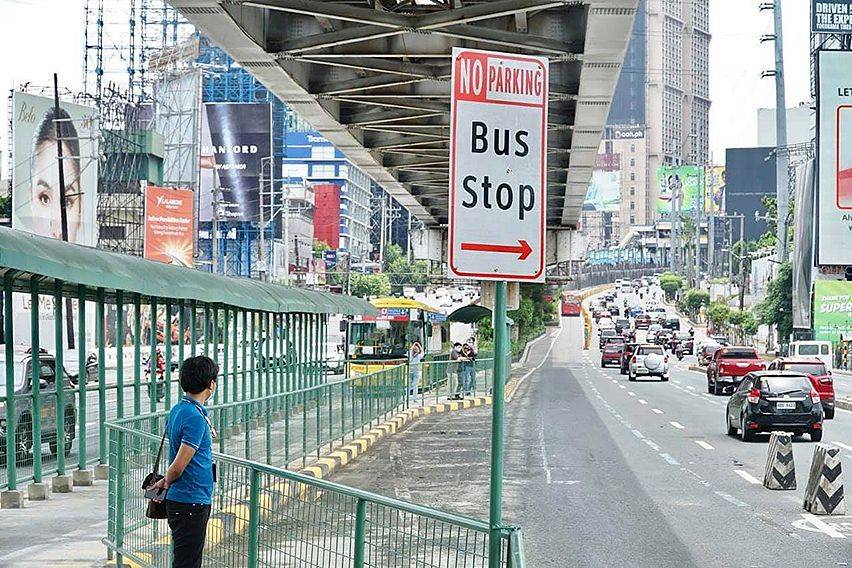
MANILA: The current public transport supply and capacity will be retained in the National Capital Region (NCR) while the area is under enhanced community quarantine (ECQ) from August 6 to 20.
Department of Transportation (DOTr) Secretary Art Tugade stated that the continued operation of public transportation is allowed by the latest Omnibus Guidelines approved by the Inter-Agency Task Force for the Management of Emerging Infectious Diseases (IATF-EID). However, he also emphasized that only authorized persons outside residence (APOR) will be accommodated by public transport services.
“Restrictions will be applied on passengers. There will be stricter enforcement to ensure that only APOR are permitted to use public transport, as mandated by the IATF,” Tugade said. “APOR are reminded to be ready to present to transport marshals identification cards issued by the IATF or other documents or IDs as proof that they are authorized to travel.”
Secretary Tugade also clarified that the IATF may still make changes on the number of public transport vehicles and commuters that will be allowed during the ECQ period.
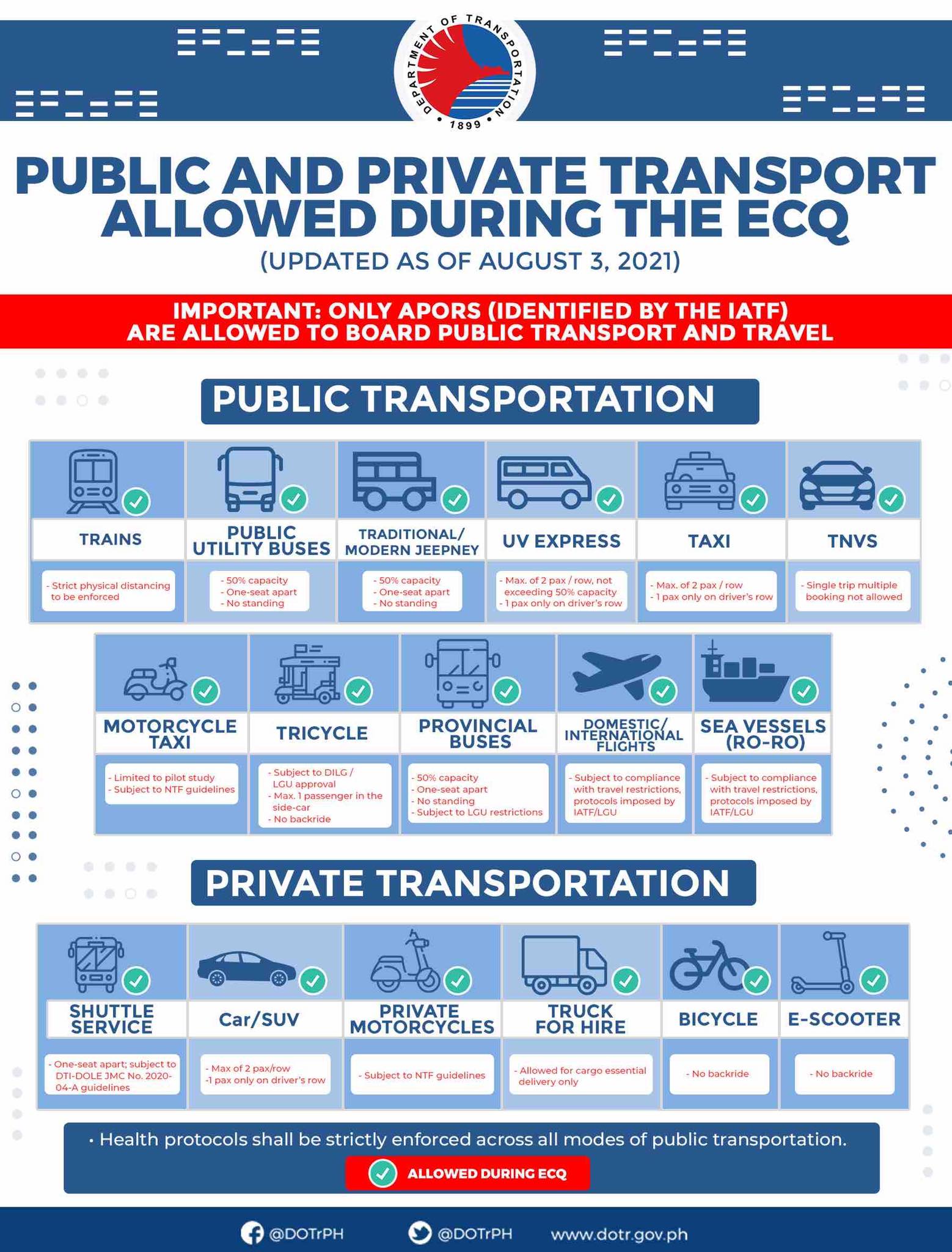
All modes of transportation, whether privately owned, with special permit, or dedicated service under government initiative, are directed to strictly observe physical distancing and sanitary measures at all times during the ECQ period in the NCR.
Public utility vehicles, such as buses and jeepneys, are allowed to operate at 50% capacity with a one-seat-apart setup. Standing passengers are prohibited, and only one passenger will be allowed at the driver’s row.
Motorcycle taxi services and transport network vehicle service (TNVS) can also operate while the NCR is under ECQ.
DOTr also encourages the public to consider using active transport, such as bicycles and electric scooters.
Tricycles shall be allowed to operate as long as approved by the Department of Interior and Local Government (DILG) and local government units (LGUs). The passenger load shall not exceed one passenger in the sidecar.
All trains of the Philippine National Railways, LRT-1, LRT-2, and MRT-3 will also be operational during the ECQ period. According to Secretary Tugade, transport marshals will be deployed on all trains to strictly enforce health and safety protocols and identify APORs. After every loop, trains shall be disinfected and sanitized.
Train passengers are required to wear face shields and face masks and observe proper physical distancing at all times. Talking and eating are prohibited inside the trains. Passengers showing symptoms of COVID-19 shall not be allowed to ride the trains. Temperature checks will be conducted at station entrances.
Domestic flights and sea travel from the NCR will also continue during the ECQ period, subject to community quarantine restrictions of the destinations. The DOTr encourages the passengers to inquire with the airlines or shipping lines about the status of flights and sea travels beforehand to avoid inconvenience.
I-ACT enforcers are also expected to enforce stricter health protocols at transport terminals and stations to ensure that the public transport health protocols will be properly observed.
Transport marshals will also strictly enforce the "seven commandments of public transport safety:" wearing face masks and face shields, no talking and making telephone calls, no eating, keeping PUVs well-ventilated, conducting frequent disinfection, no passengers with COVID-19 symptoms are to be allowed inside public transportation, and observing appropriate physical distancing rule.
Secretary Tugade encouraged the commuters and transport operators to strictly follow the health and safety protocols especially at this time when the country is fighting the spread of the highly contagious Delta variant.
“We at the DOTr reiterate the need for us to strictly observe the necessary health and safety measures aboard public transportation. We are more adamant now, as we reinforce the government initiatives and measures to prevent the spread of the highly transmissible Delta variant,” Sec. Tugade added. “We therefore remind the riding public of the importance of stringently observing the Public Transport Health Protocols, based on the recommendations of health experts, to protect and uphold the overall welfare of the passengers, and other transport stakeholders.”
Photo and graphic from Department of Transportation
Also read: PH, Japan ink P116-B loan package for Metro Manila Subway
Sell your car at the best price
 Verified and genuine buyers
Verified and genuine buyers
Trending & Fresh Updates
- Latest
- Popular
You might also be interested in
- News
- Featured Stories
Featured Cars
- Latest
- Upcoming
- Popular
Latest Car Videos on Zigwheels

Car Articles From Carmudi
- journal
- advice
- financing
- insurance

